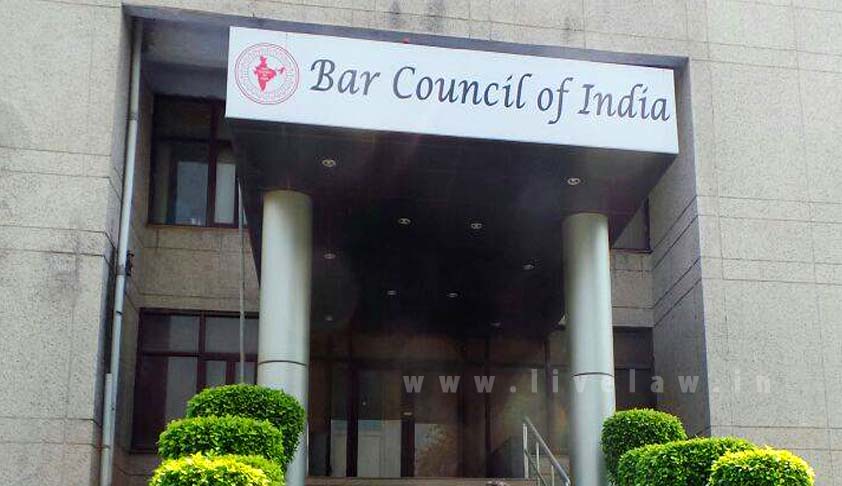#AIBE - Day 1; Right to practice law is a Fundamental Right and AIBE “negates” the very right: SC
Apoorva Mandhani
1 March 2016 11:11 PM IST

Next Story
1 March 2016 11:11 PM IST
The Supreme Court of India on Tuesday observed that the right to practice law is a Fundamental Right for LL.B. degree holders and the introduction of an examination to acquire a license has the effect of negating this right.“The right to practice law is there in the Act (the Advocates Act). When (Bar Council of India) says that a person will not be able to practice law without clearing...
